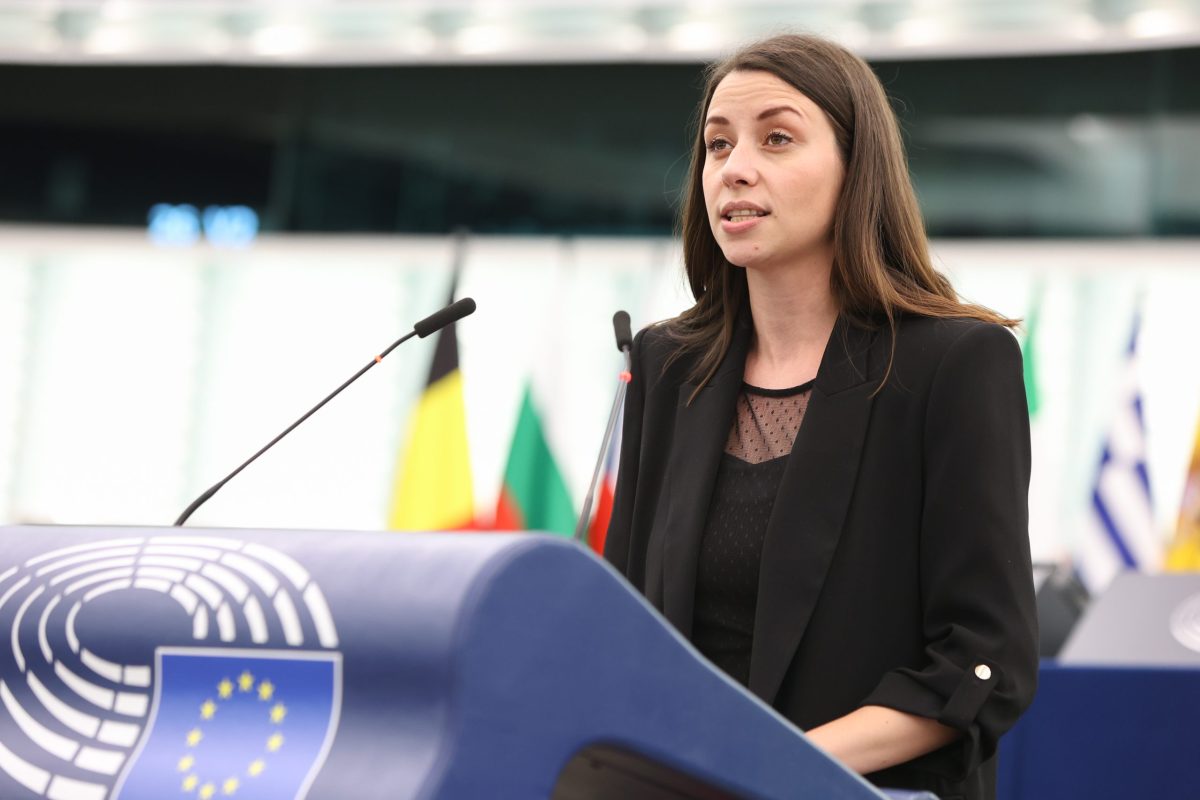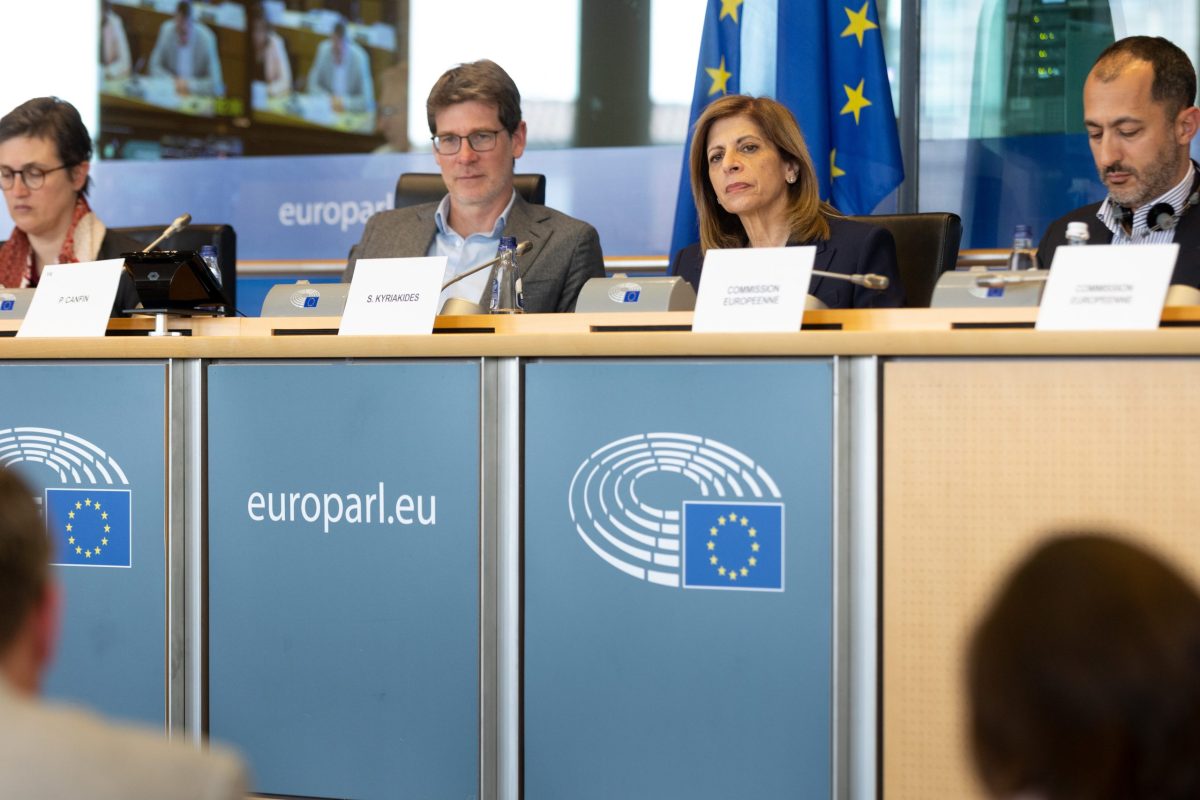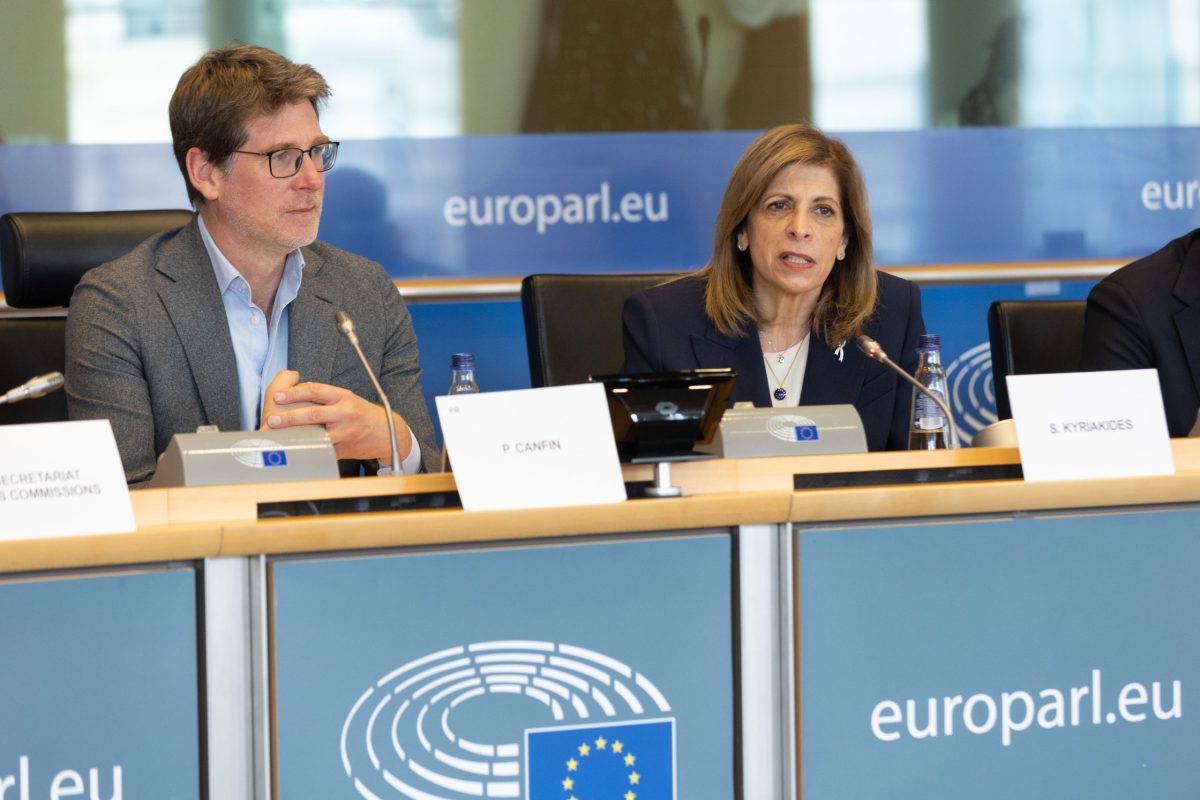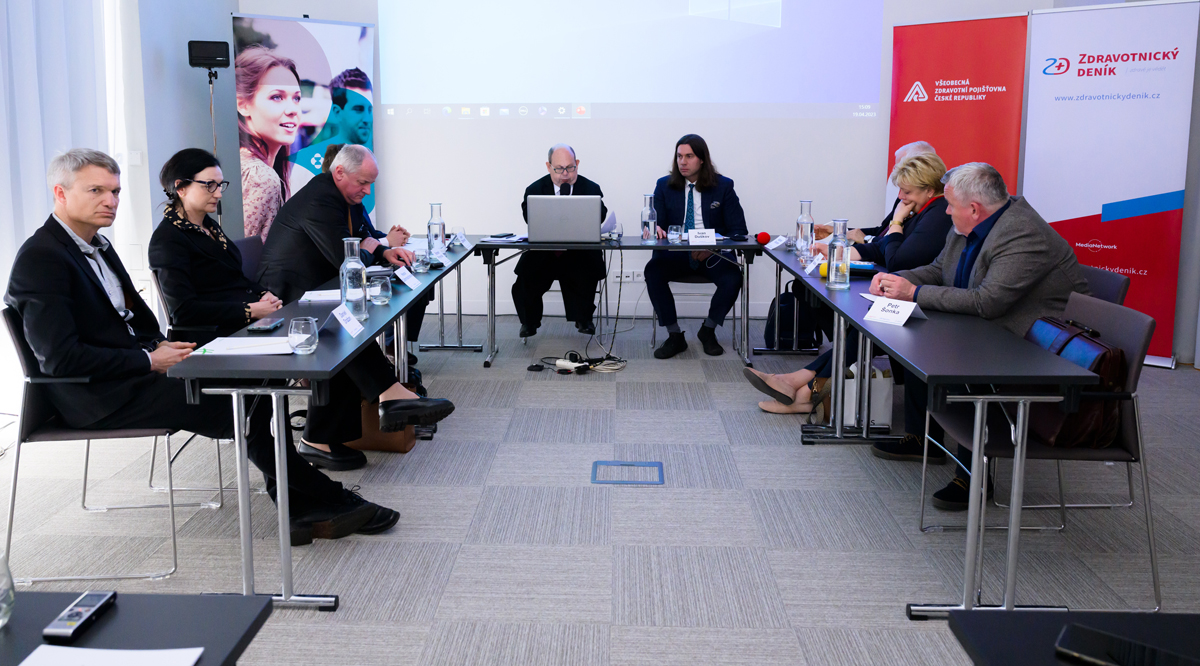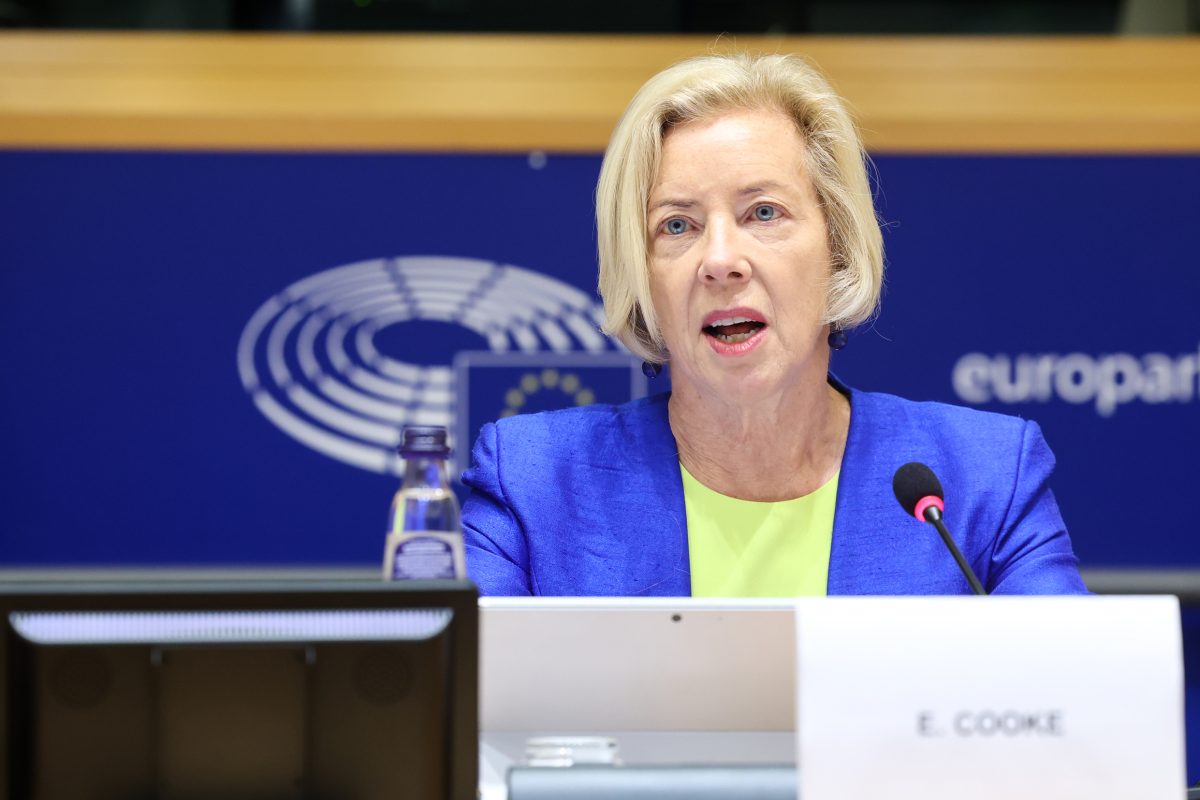“In all member states we are seeing issues in healthcare systems. There are shortages of doctors and medicine in every state; the only difference is the severity of it. It is a common EU problem,” says Irena Joveva, Slovenian MEP and recently appointed vice-chair of the newly created subcommittee of the European Commission for Public Health (SANT), in an interview with the Healthcare Daily. This is just one of many fundamental issues in the field of public health that need to be addressed. Therefore, Joveva said, the establishment of a separate committee for public health and the creation of the European Health Union would be beneficial.
How do you perceive the establishment of the new SANT subcommittee and what do you think its main contribution will be?
The establishment of the new SANT subcommittee is, in my opinion, a much-needed step in the evolution of public health policies in the EU. Although the SANT as a subcommittee is not a legislative body, the discussions and the final report will be extremely important for outlining the needed changes in our common interest to ensure sufficient and efficient public health policies.
What are your hopes in the leadership of the subcommittee? What do you want to focus on the most?
As a part of the appointed leadership of SANT, I will do everything in my power to make it as efficient as possible. During my mandate, I will focus on improving mental health policies throughout the EU, as I believe we need a more organized approach for tackling this critical issue. As opposed to my colleagues, who are mainly medical doctors and have already expressed the required improvements in specific rare disease areas for which we do indeed need solutions, I will turn my focus on a broader scale of ensuring public health as such. Meaning I will focus on making healthcare accessible, affordable and indiscriminative. In all Member States, we are seeing issues in healthcare systems, there are shortages of doctors and medicine in every state; the only difference is the severity of it. It is a common EU problem, even though public health falls under the Member States‘ competencies. The same problems have been prominent for years, if not decades, and it is high time the Union steps in and helps solve it – nonetheless, that is one of the reasons we started forming the European Health Union.
Mohlo by vás zajímat

The ENVI Committee is discussing, or will be discussing very soon, some fundamental legislative measures. Although the SANT subcommittee does not have a mandate to deal with legislation, will you personally strive to have it somehow participate in the discussion of this legislation?
We are not yet discussing pharmaceutical legislation in ENVI, as the Commission has yet to present the proposal. I am sure we will address the upcoming pharmaceutical legislation as it has a significant influence on public health as such. However, we will not be able to handle the specifics of the proposal or propose any amendments within SANT, but I expect ENVI will take note of the outcomes of the discussion in SANT. At this point, it is also important to note that most SANT members are also (substitute) members of the ENVI committee, so we will have the opportunity to participate in making this critical legislation. There is also a possibility of having a joint committee meeting of ENVI-SANT, should we want to address it in such a matter.
Which of the upcoming legislative measures do you personally attach the greatest importance to and why?
At this time, we only have the legislation for Establishing the European Health Data Space, which is undoubtedly crucial for ensuring the much-needed cooperation between Member States, and it is an essential step in creating the European Health Union. So that one is currently the most important, but it will be overshadowed by the upcoming pharmaceutical package, which has been very controversial since the Commission began drafting it. I think we can all agree that access to affordable medicine is essential for the working of our health systems, therefore, we need to assure that the prices are managed accordingly. Maybe it would be expedient of arranging a EU joint procurement and distribution between Member States so everyone would have equal access to medicines in the common market.
In your opinion, what outputs should the SANT subcommittee of the ENVI committee present?
We already know what it will present – same as every other subcommittee; we will draft a final report containing the outline of essential steps needed for improving public health, addressing and highlighting main issues and guidelines for required legislation. I genuinely believe the report will be a well-rounded and good base for future health policies; I only hope the future Commission will consider it when drafting new proposals.
Do you think that the issue of public health deserves the establishment of a separate committee? In your opinion, is this realistic already in the next electoral term of the European Parliament?
Yes. I think that in this mandate, during which we made such great improvements in environmental policies that are a significant part of the ENVI committee, as well as tackled issues related to the global pandemic, we have been able to see that ENVI is an overworked committee. It contains the two essential political areas for our future, and it would be expedient to divide it into two separate committees. I was hoping that would be one of the results of SANT – establishing a permanent, independent committee in charge of all (public) health policies.
Lenka Springs

